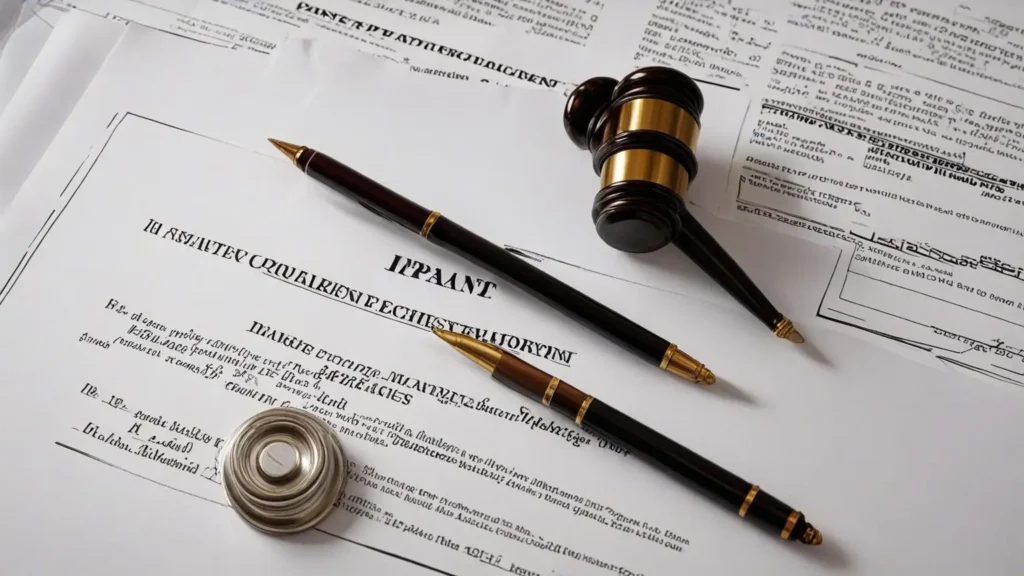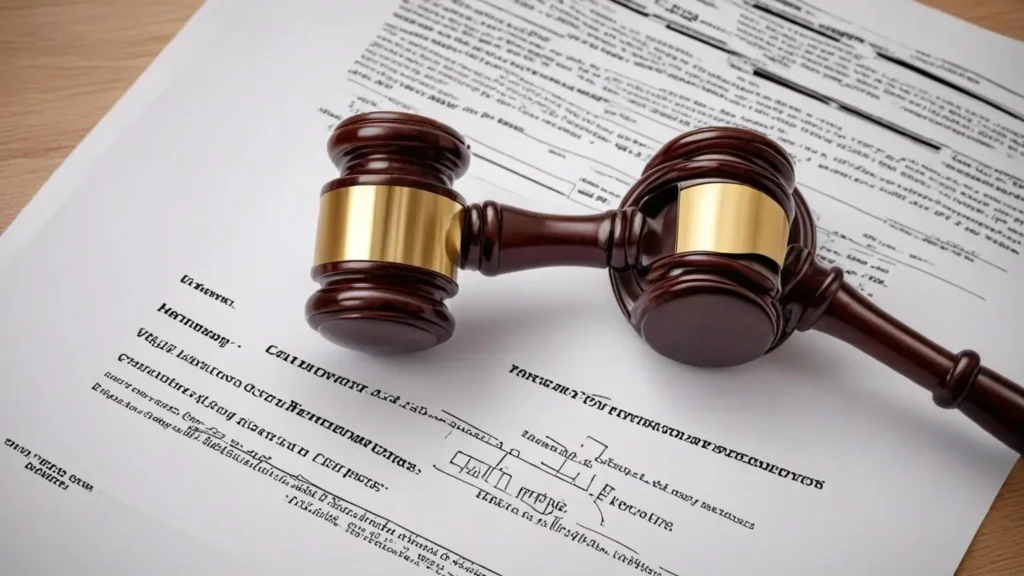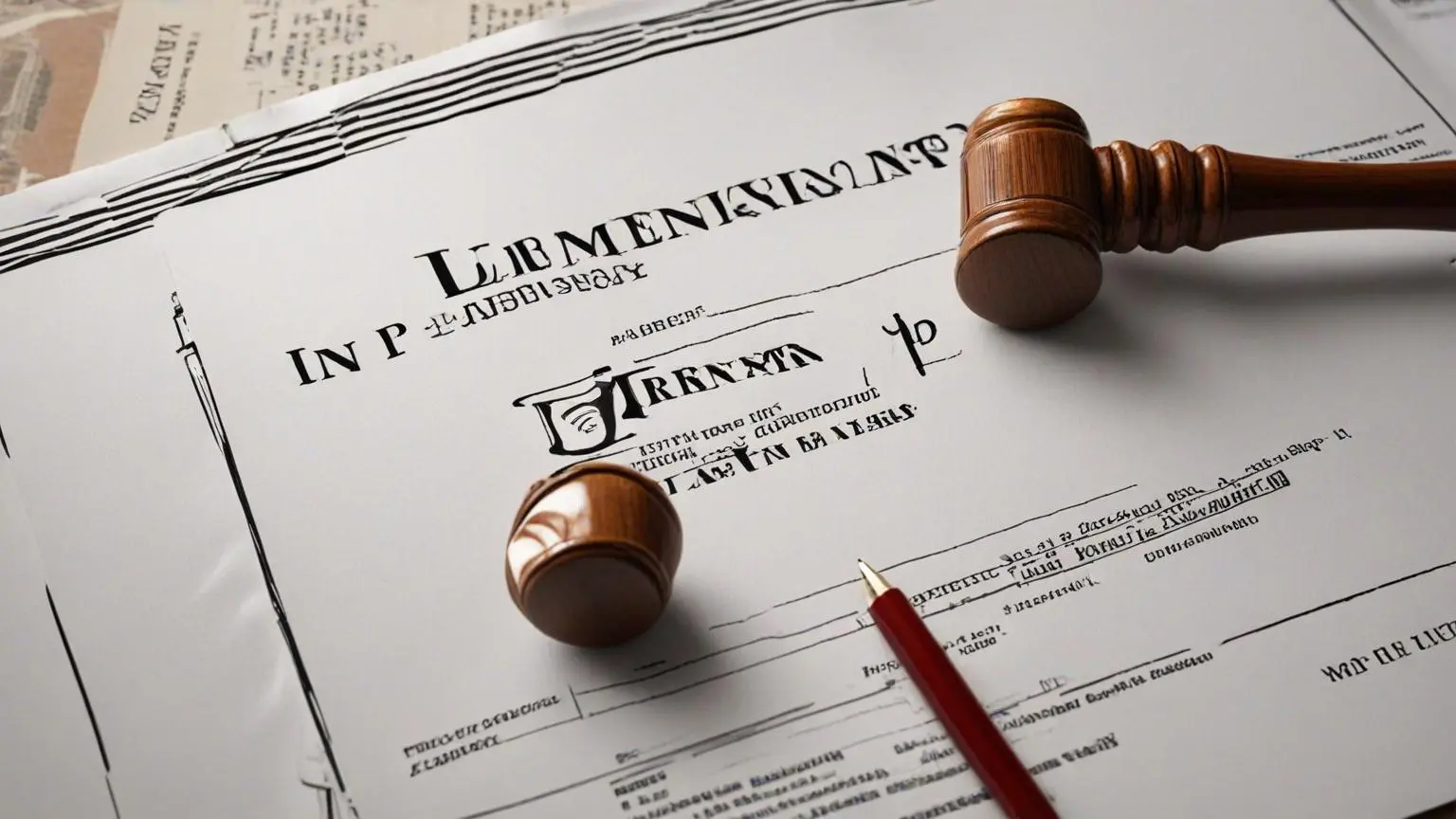Selecting the right Intellectual Property (IP) patent attorney is crucial for safeguarding your innovations and navigating the complex landscape of patent law. An IP patent attorney not only helps secure patents but also advises on strategies to protect your intellectual property. This article explores the essential qualities to look for in an IP patent attorney, skills required to be an effective intellectual property lawyer, how to excel in this field, and what makes a strong patent agent candidate.
How to Choose the Right Patent Attorney?
Choosing the right patent attorney involves careful consideration of several factors. Here are some key aspects to evaluate when making your decision:
Experience and Expertise
Look for an attorney with substantial experience in your specific field of technology or industry. An attorney who understands the nuances of your industry can provide more effective representation and advice.
- Technical Background: A strong technical background, particularly in the area relevant to your invention, is invaluable. Many patent attorneys hold advanced degrees in science or engineering.
- Track Record: Review the attorney’s track record, including the number of patents they have successfully secured and any notable cases they have handled.
Reputation and References
A reputable attorney will have positive testimonials and references from previous clients. Seek recommendations from colleagues or industry contacts and read reviews online to gauge the attorney’s reputation.
- Client Feedback: Client testimonials can provide insights into the attorney’s professionalism, communication skills, and success rate.
- Peer Recognition: Awards, accolades, and recognition by peers in the legal community can also indicate a high level of competence and respect.
Communication Skills
Effective communication is critical in the attorney-client relationship. The attorney should be able to explain complex legal concepts in a way that is easy to understand.
- Clarity: Look for an attorney who can clearly explain the patent process, potential challenges, and strategies for overcoming them.
- Responsiveness: Timely and responsive communication is essential. Your attorney should be readily available to address your questions and concerns.
Strategic Thinking
A good patent attorney is not just a legal expert but also a strategic thinker. They should help you develop a comprehensive IP strategy that aligns with your business goals.
- Patent Portfolio Management: The attorney should assist in building and managing a robust patent portfolio, identifying opportunities for additional patents, and advising on enforcement strategies.
- Commercial Insight: An understanding of the commercial implications of patents and how they can be leveraged to gain a competitive advantage is crucial.
Cost and Billing Practices
Patent attorneys can be expensive, so it’s important to understand their billing practices and ensure they align with your budget.
- Transparent Pricing: Look for an attorney who provides clear and transparent pricing, including estimates for different stages of the patent process.
- Value for Money: Consider the overall value provided by the attorney, not just the cost. A higher fee may be justified by a higher level of expertise and better outcomes.
What Skills Do You Need to Be an Intellectual Property Lawyer?

Becoming a successful intellectual property lawyer requires a combination of legal knowledge, technical expertise, and soft skills. Here are some essential skills:
Legal Acumen
A deep understanding of patent law and related legal principles is fundamental. This includes knowledge of patentability requirements, prosecution processes, and patent litigation.
- Patent Law: Mastery of the laws and regulations governing patents, both domestically and internationally, is essential.
- Regulatory Compliance: Staying updated on changes in IP laws and regulations to ensure compliance and provide accurate advice.
Technical Expertise
A strong technical background, often in science or engineering, is critical for understanding and evaluating inventions.
- Subject Matter Expertise: Proficiency in the specific technical field relevant to the inventions you will be handling.
- Analytical Skills: The ability to analyze complex technical information and determine its patentability.
Research and Writing Skills
Researching prior art and drafting detailed patent applications are core components of an IP lawyer’s job.
- Research Skills: Conduct thorough searches to identify existing patents and assess the novelty of the invention.
- Writing Skills: Draft clear and comprehensive patent applications, legal briefs, and other documents.
Interpersonal and Communication Skills
Effective communication with clients, colleagues, and patent examiners is crucial.
- Client Interaction: Build strong relationships with clients, understanding their needs and effectively communicating strategies and updates.
- Negotiation Skills: Negotiate with patent examiners and opposing counsel to secure favorable outcomes.
Attention to Detail
Precision and accuracy are vital in patent law, where small errors can have significant consequences.
- Detail-Oriented: Ensure all documents are meticulously prepared and reviewed to avoid mistakes that could jeopardize a patent application.
- Thoroughness: Conduct comprehensive reviews and analyses of all relevant information and documentation.
How to Be the Best Patent Attorney?
To excel as a patent attorney, one must continually develop and refine their skills, stay informed about industry developments, and build a strong professional network.
Continual Learning and Development
Stay updated on changes in patent law, new technologies, and industry trends.
- Education: Pursue continuing legal education (CLE) courses and attend industry conferences and seminars.
- Certifications: Obtain relevant certifications, such as becoming a registered patent attorney with the USPTO.
Building a Strong Network
Develop relationships with clients, colleagues, and industry professionals to enhance your practice and reputation.
- Professional Associations: Join organizations like the American Intellectual Property Law Association (AIPLA) to connect with peers and stay informed about industry developments.
- Mentorship: Seek mentorship from experienced attorneys and offer guidance to junior colleagues.
Client Focus
Provide exceptional client service by understanding their needs and delivering tailored solutions.
- Client Understanding: Take the time to understand each client’s business goals and challenges.
- Customized Strategies: Develop IP strategies that align with the client’s objectives and provide practical, actionable advice.
Ethical Practice
Adhere to high ethical standards and maintain the integrity of your practice.
- Confidentiality: Protect client confidentiality and handle sensitive information with care.
- Professional Conduct: Uphold the ethical standards of the legal profession and avoid conflicts of interest.
Efficient Case Management
Manage cases efficiently to deliver timely and effective results.
- Organizational Skills: Keep track of deadlines, manage case files, and ensure all tasks are completed on time.
- Technology Utilization: Use legal technology tools to streamline case management and improve efficiency.
What Makes a Strong Patent Agent Candidate?

Patent agents play a crucial role in the patent process, often working closely with patent attorneys. Here are some qualities that make a strong patent agent candidate:
Technical Expertise
A strong background in science or engineering is essential for understanding and evaluating inventions.
- Advanced Degrees: A higher education degree in a relevant technical field, such as a Ph.D. or Master’s, can be advantageous.
- Industry Experience: Practical experience in the industry can provide valuable insights and enhance credibility.
Understanding of Patent Law
While not required to have a law degree, patent agents must have a thorough understanding of patent law and procedures.
- USPTO Registration: Passing the USPTO registration examination (Patent Bar Exam) is mandatory to become a registered patent agent.
- Legal Knowledge: Familiarity with patent prosecution, prior art searches, and patent drafting.
Research and Analytical Skills
The ability to conduct thorough prior art searches and analyze technical information is crucial.
- Research Proficiency: Efficiently search for prior art to determine the novelty of inventions.
- Analytical Thinking: Evaluate technical data and assess the patentability of inventions.
Writing Skills
Drafting clear and comprehensive patent applications is a core responsibility.
- Technical Writing: The ability to write detailed and precise descriptions of inventions and claims.
- Attention to Detail: Ensure accuracy and clarity in all written documents to avoid errors that could impact the patent application.
Interpersonal Skills
Effective communication with inventors, patent examiners, and other stakeholders is essential.
- Inventor Interaction: Work closely with inventors to understand their inventions and gather necessary information.
- Collaborative Skills: Collaborate with patent attorneys and other team members to ensure the success of patent applications.
Conclusion
Choosing the right IP patent attorney is a critical decision that can significantly impact the success of your intellectual property strategy. Look for an attorney with experience, expertise, strong communication skills, and strategic thinking. For those aspiring to be successful intellectual property lawyers or patent agents, developing a combination of legal, technical, and interpersonal skills is essential. By focusing on continual learning, building strong professional networks, and providing exceptional client service, you can excel in the field of intellectual property law.

